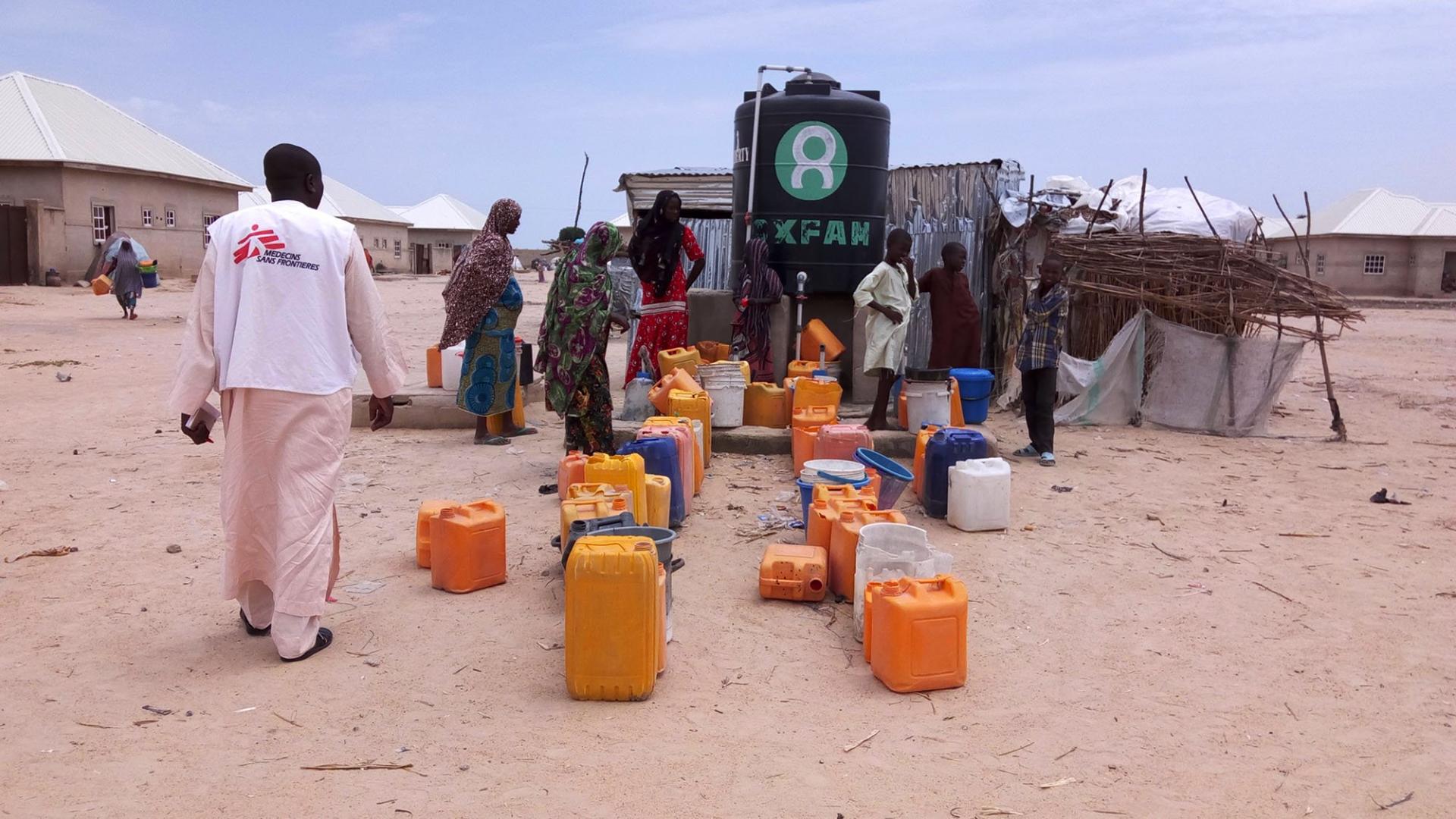Ruphas Kafera started his professional career in biochemistry and microbiology in Zimbabwe. But he wanted to do something hands-on to challenge himself and help people on the ground.
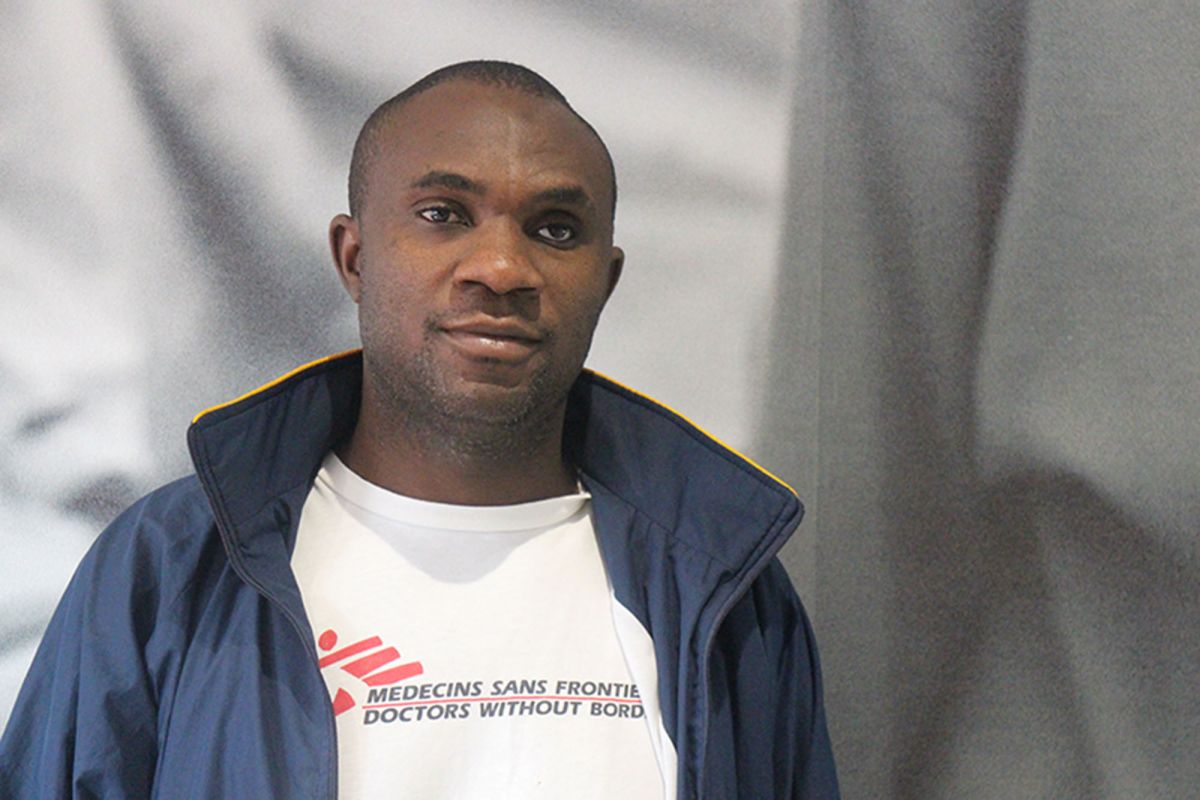
That is when he changed directions and got a job with the NGO Action Against Hunger in 2005.
A few years later, during Zimbabwe’s cholera epidemic in 2008 and 2009, he encountered Doctors Without Borders (MSF), and was inspired to join.
But Ruphas wanted to better equip himself for a career in humanitarianism, so he furthered his studies in Development, Civil and Structural Engineering and worked with CARE International before joining MSF as a Water and Sanitation (Watsan) Manager in 2016.
“I initially studied the hard sciences. But I have always been interested in humanitarian work,” he says. “With humanitarian work, you see results immediately.
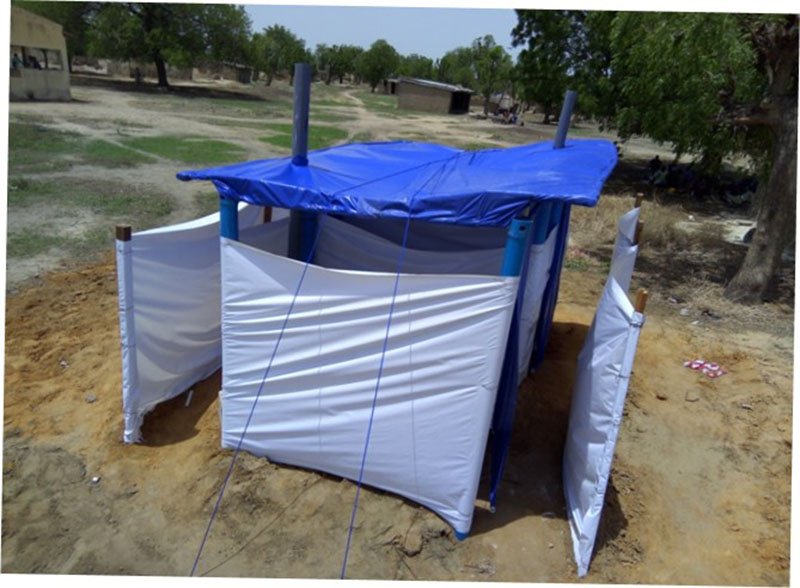
When you interact with and serve a community you can actually see what you’ve done. So I knew this was the space for me.”
Ruphas just returned from Borno State, Nigeria – on an MSF assignment that began as a three month stint but turned into a full year of work after the needs on the ground made him decide to accept the offer to extend his time in the field.
“Longer field assignments are better, because I can do more work and achieve more tangible results. For technical and design work, a longer assignment gives you more opportunity to complete a full project and watch it be implemented.”
‘Emergency solutions’
Based in Borno State’s capital Maiduguri, where MSF provides healthcare and treatment for malnutrition among internally displaced people and the host community, Ruphas also travelled to field projects in different areas: Monguno, Magumeri, Bama and Dikwa.
He managed teams of local colleagues doing water distribution and installations; borehole rehabilitation; construction of waste zones; and the construction of latrines.
With conflict still ongoing across Borno State, the security situation is tense in some areas. People caught up in the fighting between Boko Haram and the military continue to flee in search of safety.
A sudden influx of people often requires MSF teams to spring into action with an emergency response.
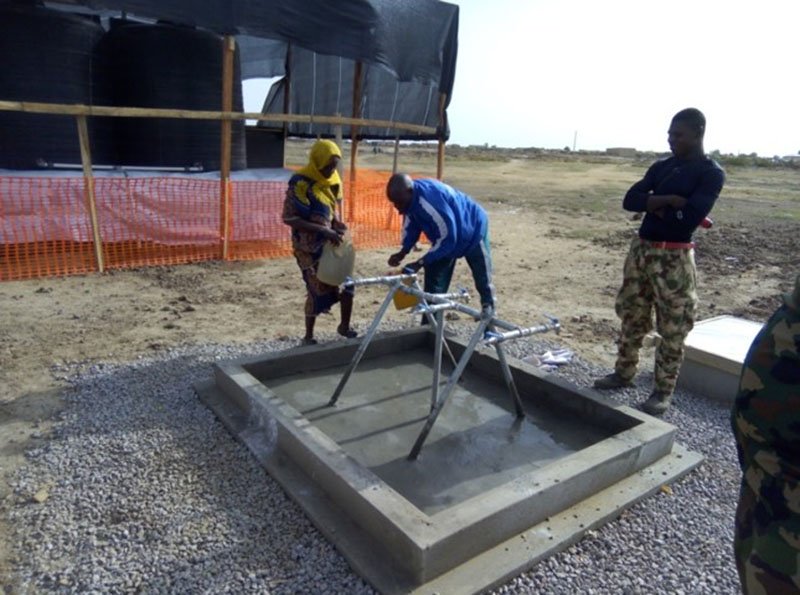
For Ruphas and his Watsan team this meant organising extra water supplies and building emergency latrines to provide immediate water and sanitation solutions for a large number of people.
“With emergency first response, when masses of people have just arrived to a new place after being displaced, we usually don’t have time to gather proper materials and construct permanent or semi-permanent sanitation facilities.
But services are still needed, so we put up what we call ‘emergency pit latrines’.”
“We dig pits – about 1.5m to 2m in depth – use pipes, some plastic sheeting and plastic slabs to enclose the area. Initially we estimate about 50 people to one latrine.
It’s a quick solution that can be completed in even in a day’s time if necessary, so that people have facilities they can start using almost immediately. Then we gather the proper materials to construct a more solid infrastructure.”
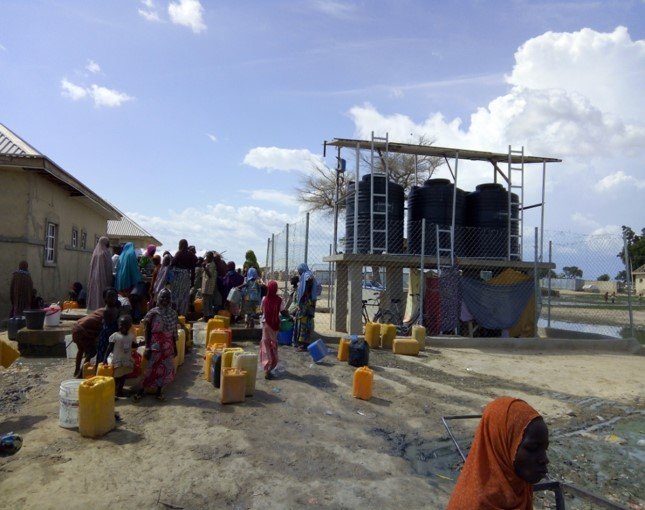
‘Going the extra mile’
Although there are more than 100 Nigerian and international NGOs present in Borno State, Ruphas says “in terms of Watsan, few organisations are doing much because it’s really involved work that takes time and expertise – and costs money to implement.”
“In other organisations, donors take time to approve proposals, so the release of funds and the process is not as fast,” he says of his career of 13 years with other NGOs before joining MSF.
“Working with MSF in the field is different, there is an availability of resources to do a quick response and assist many people in need.”
“I have worked with NGOs for some time now, but I enjoy doing Watsan work most of all,” he says.
“It’s more challenging and more interesting to go out into the field. Meeting new challenges forces you to learn more and to go the extra mile.”
Find out more about MSF's work in Nigeria.
